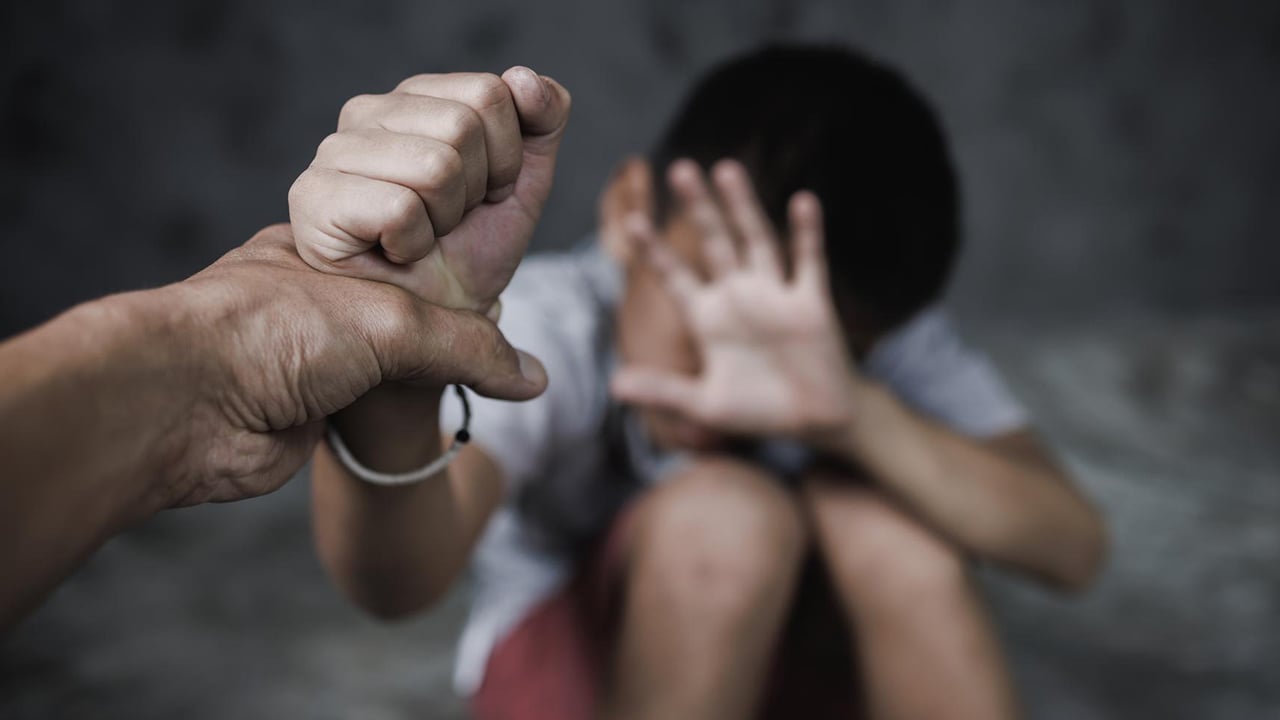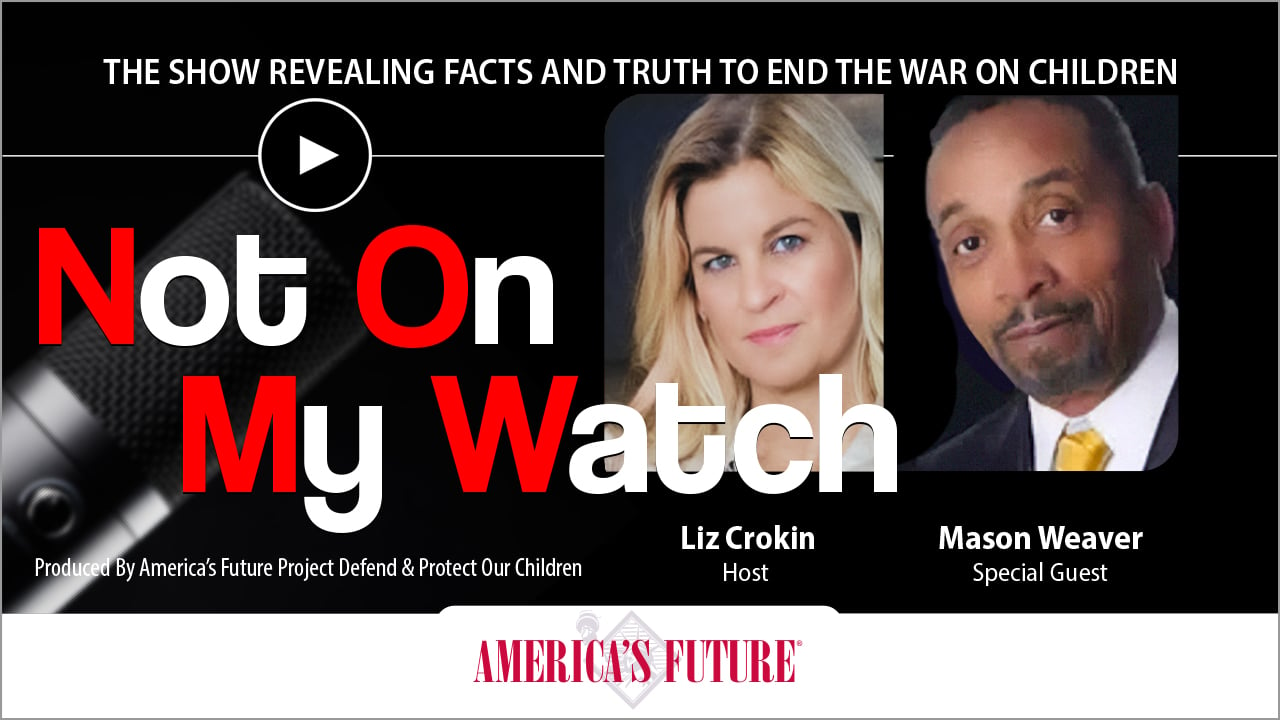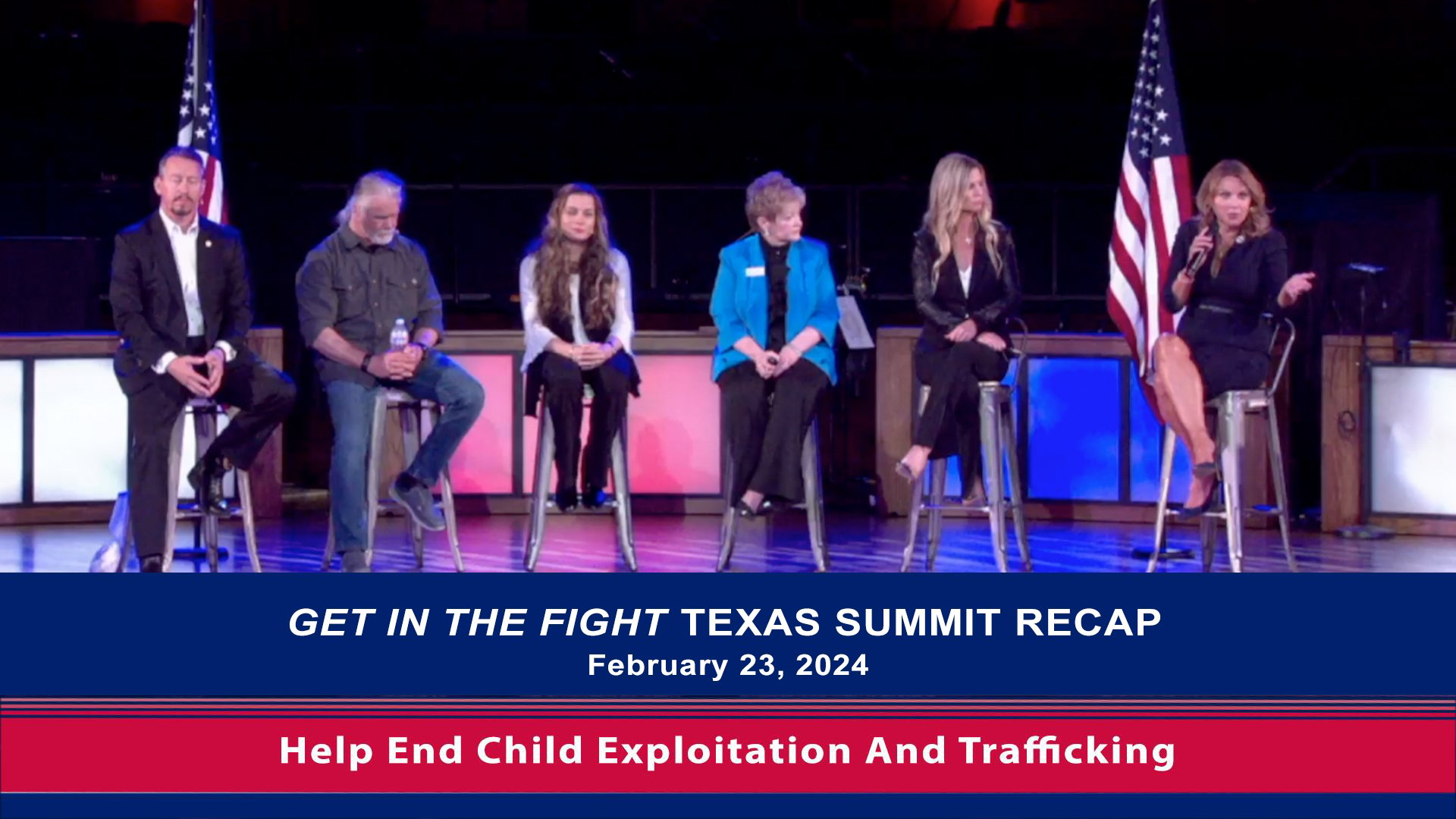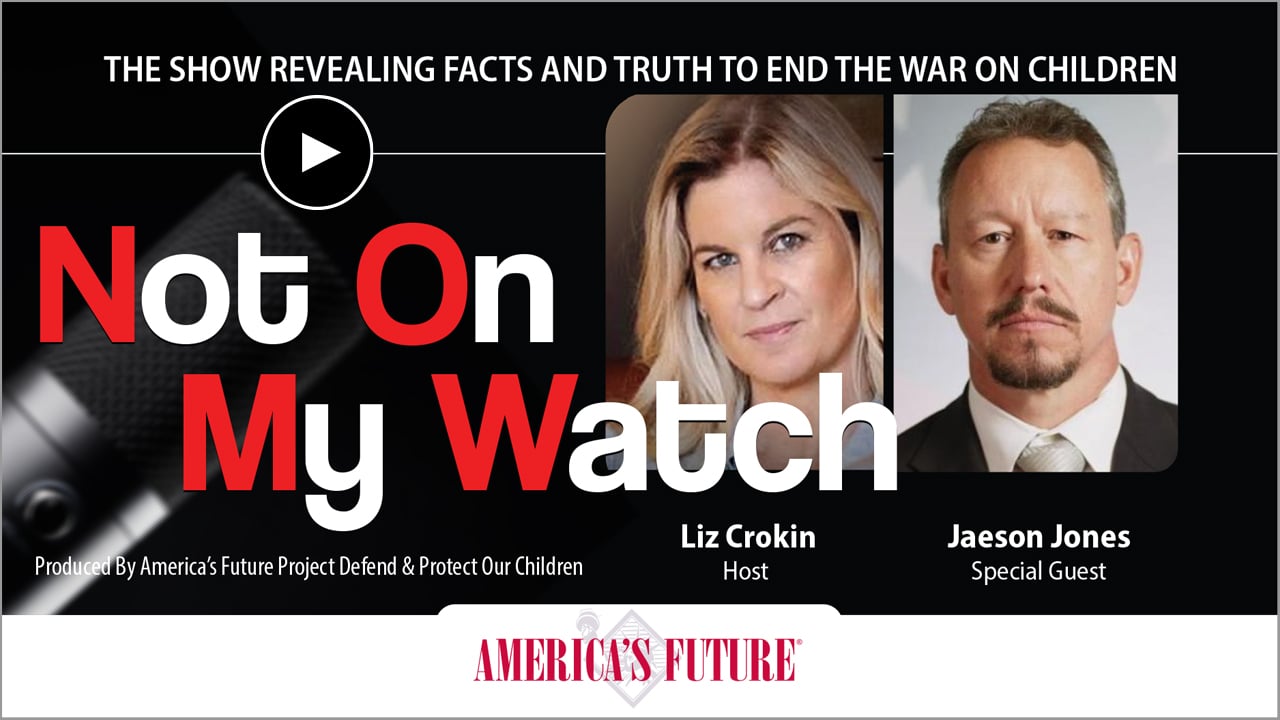What Is Florida’s Sunshine And Public Records Laws?
Published by Florida’s Office of Attorney General and available for download to the public, the
Government in the Sunshine Manual, 2023 edition (Manual), provides comprehensive guidance to Floridians regarding their rights under Florida’s Sunshine and Public Records Law, ensuring Floridians are afforded the ability to stay informed and hold government officials accountable to the citizens they serve. Florida’s Sunshine Law, Ch.
286 Fla. Stat., provides rules related to public access to government agencies, board and committee meetings. Florida’s Public Records law,
Ch. 119 Fla. Stat., provides a set of statutes related to Floridians’ right of access to the records of the state, and local governments along with private entities acting on their behalf.
According to Ch. 119 Fla. Stat. and the Manual, the following is true of Florida’s Public Records law:
Article I, s. 24, Fla. Const., establishes a constitutional right of access to any public record made or received in connection with the official business of any public body, officer, or employee of the state, or persons acting on their behalf, except those records exempted pursuant to Art. I, s. 24, Fla. Const., or specifically made confidential by the Constitution.
In the absence of a statutory exemption, this right of access applies to all materials made or received by an agency in connection with the transaction of official business which are used to perpetuate, communicate or formalize knowledge. Access to public records has been described as a “cornerstone of our political culture.”
The term “public records” has expanded over time due, in part, to advances in technology. The statutory definition of “public records” is below. Noteworthy, the Florida Supreme Court has interpreted the statutory definition of “public records” to include “all materials made or received by an agency in connection with official business which are used to perpetuate, communicate or formalize knowledge.”
all documents, papers, letters, maps, books, tapes, photographs, films, sound recordings, data processing software, or other material, regardless of the physical form, characteristics, or means of transmission, made or received pursuant to law or ordinance or in connection with the transaction of official business by any agency – Section 119.011(12), F.S.
Ashley Moody, Florida’s current Attorney General explains the policy behind the law as follows,
“Our system of open government is a valued and intrinsic part of the heritage of our state. Each day, Floridians use these laws to inform themselves as citizens, to attend government meetings and to review government records. As a result of these efforts, government leaders can be held accountable for their actions. The Founding Fathers of our country recognized this fundamental truth during our nation’s infancy and it remains just as valid today. As James Madison said: ‘Knowledge will forever govern ignorance; and a people who mean to be their own governors must arm themselves with the power which knowledge gives.’ Florida is nationally recognized for its strong support for government in the sunshine and this commitment is reflected in our statutes and Constitution. As Attorney General, I remain committed to the principles of transparency embodied in these laws and the benefits they secure for our state.”
To access the Manual and additional information published by Florida’s Office of the Attorney General, see
www.myfloridalegal.com
What Is Covered Under Florida’s Sunshine and Public Records Laws?
Florida’s Sunshine Law covers:
- Any committee meeting where the committee has delegated authority to act on behalf of a board.
- Any investigative, formal, or informal meeting of two or more board members except where a statutory exemption forbids the inspection of the meeting record. Such meetings include complaint review board meetings, personnel committee meetings, disciplinary and grievance meetings, applicant interviews, selection, and screening committee meetings.
- Any assembly of two or more members of the same board, whether official or informal, to discuss subjects on which the board will take action in the near future.
Florida’s Public Records Law defines public records to include:
- Documents
- Papers
- Letters
- Maps
- Books
- Tapes
- Photographs
- Films
- Sound recordings
- Data processing software
These materials or any other materials, regardless of physical form, characteristics, or means of transmission, received or made with respect to law or ordinance, or in line with the transaction of official agency or business, are all captured in Florida’s definition of public records. The state defines an agency as any state, county, district, authority, municipal officer, department division, bureau, commission, board, or any other separate unit of government founded by law. An agency may also be any other private or public unit, partnership, business entity, or corporation acting on behalf of another public agency.
The Florida Sunshine Law gives citizens the right to access the public records of all state, county, and municipal governments and any other public or private organization operating on behalf of these agencies. Hence, the law applies to both local and state public collegiate entities within the state. It applies to all boards and commissions, whether elected or appointed.
What Records Or Other Materials Are Exempt From Florida’s Sunshine And Public Records Laws?
Under the law, the following records are general exemptions from Florida’s Public Records law:
- Examinations questions and answer sheets of examinations administered by a governmental agency for licensure, employment, or certification.
- Sealed bids, proposals, and replies in the bidding process.
- Financial statements submitted in a bidding process or proposal for a road or other public works project.
- Video materials under an agreement with an agency, produced, received, or in the custody of a federally licensed television or radio station or its agent.
- Sensitive agency-produced data processing software.
- Active criminal intelligence or investigative information.
- Any information revealing surveillance techniques, processes, or personnel.
- Any revealing information relating to a confidential source or informant.
- Any complaints or related information pertaining to a complaint of discrimination of race, sex, color, religion, origin, age, handicap, or marital status.
- Any information revealing the identity of the victim of child abuse or sexual offense.
- A photograph or video material of any body part of the victim of a sexual offense.
- Medical information and social security numbers of past and current agency employees, which the employing agency maintains.
- Personal identifying information of a dependent child or a previous or current employee of an agency, in which an agency group insurance plan insures the dependent child.
- Any revealing information (such as the home address, telephone number, mailing address, and GPS coordinates) of any personnel of agencies listed in Section 119.071 of the Florida Public Records Law.
- Any personal identifying information contained in records relating to an individual’s personal health.
The Florida Sunshine Law also contains:
- Executive branch agency exemptions
- Executive branch agency-specific exemptions
- Local government agency exemptions
Where Does Florida Keep Its Public Records?
Public records are kept in the building in which they are used. They are permitted to be removed for installation of compliant safes, vaults, and rooms and for repair and maintenance. A copy may function as an original if the officer who copied the original attests and certifies under oath the accuracy of the copy of the original. Officers who are in custody of public records at the end of their term in office must, upon demand, and within 10 days unless just cause exists, return the public records to the individual who is entitled to possess them.
How Do I File Requests Under Florida’s Sunshine And Public Records Laws?
Nothing in Florida Sunshine or public Records Laws require requests to be made in writing or in person; however, Florida citizens may opt to submit their request in writing to ensure they have an accurate record of their requests. Unless otherwise exempted, a public record custodian must fulfill a request for public records made over the phone, in person, or in writing, as long as the applicable costs are paid. Furthermore, nothing in the law compels the requestor to reveal the cause for the request.
Upon determining the custodian of the public record being sought, you may make an informal request to the custodian’s contact number via telephone. A directory of all Florida state government agencies is located
here.
What If The Request Contains Exempted Or Confidential Material?
If the record contains a part that is subject to an exemption, the custodian may redact that portion and allow inspection of the rest. If the public record contains an exemption either in whole or in part, the custodian must state the basis of the exemption, including the citation of the exempting statute.
What Is The Cost Of A Freedom Of Information Act Request In Florida?
An agency may charge you either a predetermined price authorized by law or no more than $0.15 per page or $0.20 per double-sided page if no cost is prescribed. If you request to obtain a certified copy of a public record, the agency may charge up to $1 per page. Under the law, if you submit a request of such a sort and volume that it demands the agency’s considerable use of information technology or staff time, the agency is authorized to impose a fair service fee that represents the actual cost incurred. This statute applies only to existing documents. The Florida Sunshine Law does not require public record custodians to create records in response to applicants’ requests but may do so at their discretion.
Can I Photograph The Records?
Yes, members of the public have the right to take photographs of public records but it must be done in the room where the records are kept unless the custodian determines otherwise then the records may be photographed in another room. While members of the public may take photos of public records, they cannot photograph any exempted or confidential material.
How Long Does It Take An Agency To Respond To A Request Under Florida’s Sunshine Or Public Records Laws?
The Florida Sunshine and Public Records Laws do not compel public record custodians to respond to requests within a specific time frame. However, Florida courts determined that an agency must respond within a “reasonable” time to locate requested records and redact exempt sections of the records. An “unreasonable” delay in granting access to public records to an individual who has requested to inspect or copy an agency’s records may be construed as a denial for the purpose of judicial relief. Note that a delay in obtaining a public record may occur if the record custodian’s office is inundated with a large volume of requests or if contact must be made with another agency before the record can be located.
What Happens If A Government Officer Violates The Public Records Law?
Among other penalties, any public officer who violates Public Records Law is guilty of first-degree misdemeanor and can be fined up to $500 and removed from office. If you think there has been a violation of Florida’s Sunshine or Public Records Laws, you should contact the agency responsible for custody of the records and/or you may contact Florida’s Office of the Attorney General at
https://www.myfloridalegal.com.
















